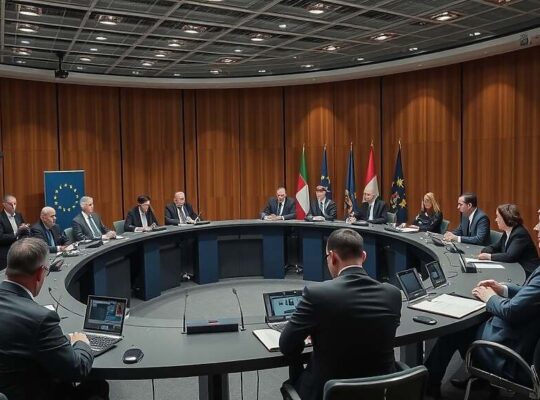The debate surrounding the deportation of convicted criminals and individuals deemed security risks with ties to Syria has taken a surprising turn, with Green Party leader Franziska Brantner voicing support for such measures. Her statement, delivered to the Redaktionsnetzwerk Deutschland, marks a significant shift in the traditionally liberal stance of the Greens and injects a new layer of complexity into the German government’s policy on repatriation.
Brantner asserted that the right of residency for serious offenders or those identified as Islamic extremist threats has been forfeited, aligning with efforts by Interior Minister Alexander Dobrindt of the CSU (Christian Social Union). She emphasized that similar deportations have occurred even during the previous, coalition government, underscoring a perceived continuity in approach to national security. Brantner stressed the fundamental prerequisite for all individuals entering Germany: adherence to German laws, values and norms, particularly concerning equality between men and women.
However, Brantner’s endorsement of deportations is not without a caveat. She immediately pivoted to the plight of children born in Germany whose parents sought refuge from the Syrian civil war – a conflict, she noted, previously backed by Vladimir Putin. This brings into sharp focus the moral dilemma of deporting individuals whose primary connection to their country of origin is as victims of conflict. Foreign Minister Johann Wadephul (CDU) has already addressed the inherent impossibility of ensuring a dignified life in Syria, lending weight to the ethical challenges.
The complexities extend to Afghanistan. Brantner openly questioned the appropriateness of considering Afghanistan a safe country, directly criticizing Dobrindt’s apparent contradiction: a continued promise to combat Islamic extremism coupled with what she accuses of being an opening of the door to the Taliban. She specifically accused Dobrindt of permitting Islamist Taliban terrorists to effectively re-establish a presence within German consulates, raising concerns about the government’s broader counter-terrorism strategy and the potential for unchecked influence within German institutions. The statement exposes a critical divergence in approach, raising fundamental questions about the balance between security concerns, human rights and the complexities of international responsibility.












